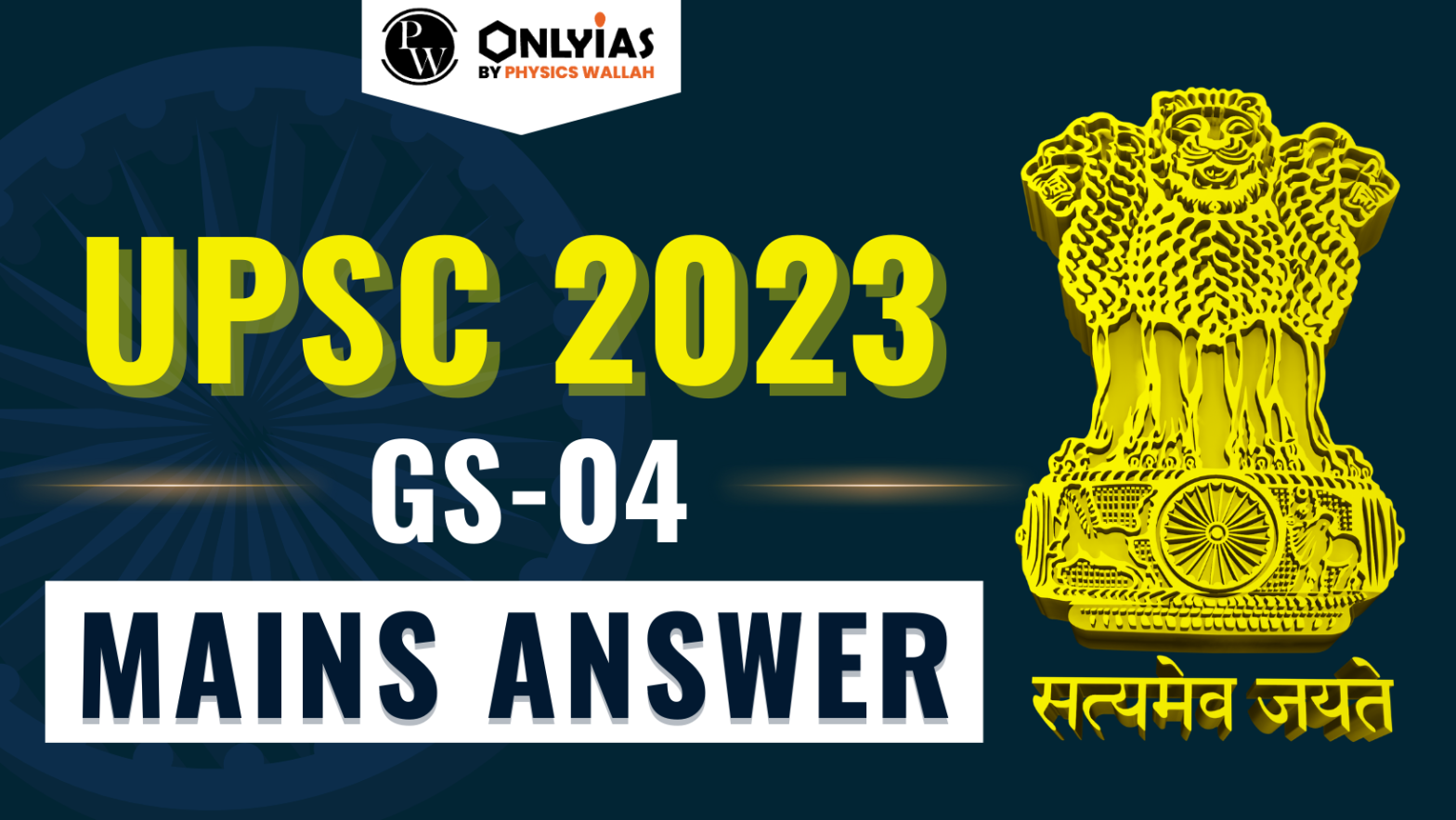Discuss the ethics of international aid and its impact on resource-challenged nations. Key insights for UPSC GS Paper 4."

Q1b. International aid’ is an accepted form of helping resource-challenged nations. Comment on ‘ethics in contemporary international aid’. Support your answer with suitable examples.
Ans:
Introduction
International aid refers to the assistance provided by one country or international organization to another country facing various challenges, exemplified by India’s contribution of INR nearly 96 crore to Nepal for post-earthquake assistance in 2015. However, the ethics surrounding international aid have become increasingly important in contemporary scenario, as ensuring aid is delivered and utilized ethically is essential to its effectiveness and the well-being of recipient nations.
Body
Ethical Foundations of International Aid:
Ethical Issues and Criticisms:
Conclusion
The ethical dimensions of international aid are complex and multifaceted, highlighting the need to strike a balance between noble intentions and potential pitfalls. This balance is paramount to ensuring that international aid better serves its intended purpose while upholding the principles of fairness, compassion, and global environmental responsibility.
| For a Detailed explanation of the UPSC GS-01 Mains question 2023, click here.
For a Detailed explanation of the UPSC GS-02 Mains question 2023, click here. For a Detailed explanation of the UPSC GS-03 Mains question 2023, click here. For a Detailed explanation of the UPSC GS-04 Mains question 2023, click here. |
<div class="new-fform">
</div>
